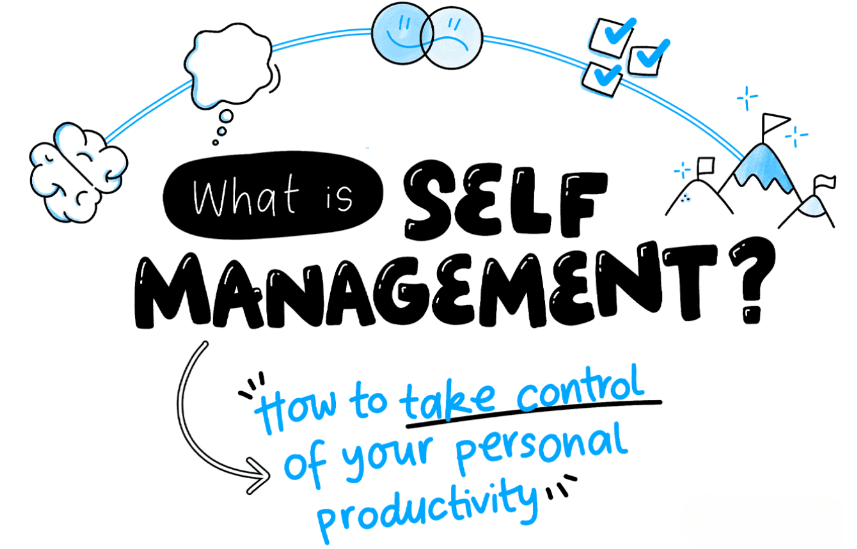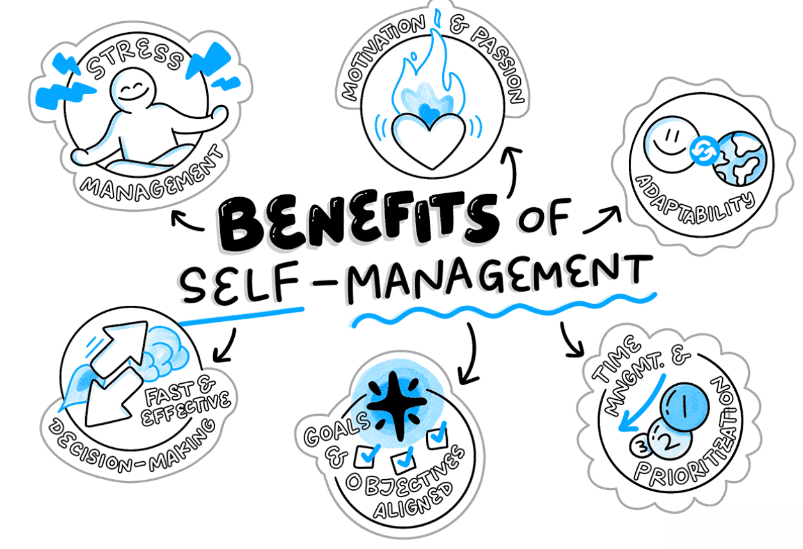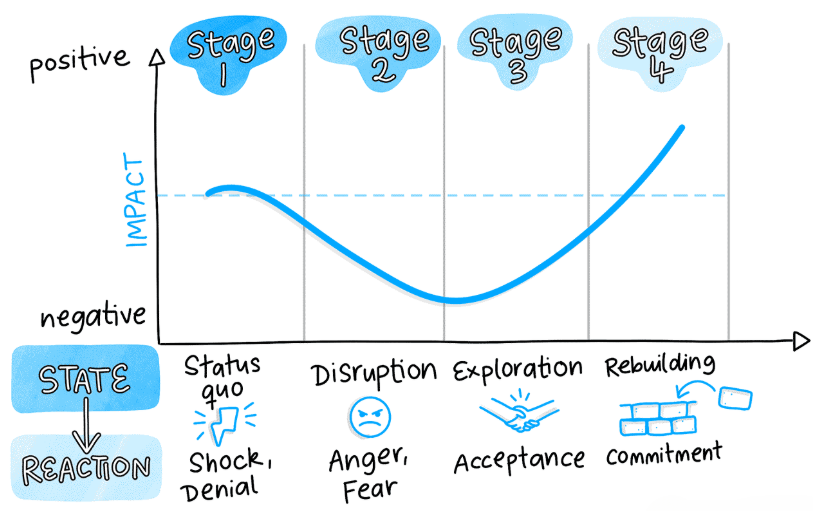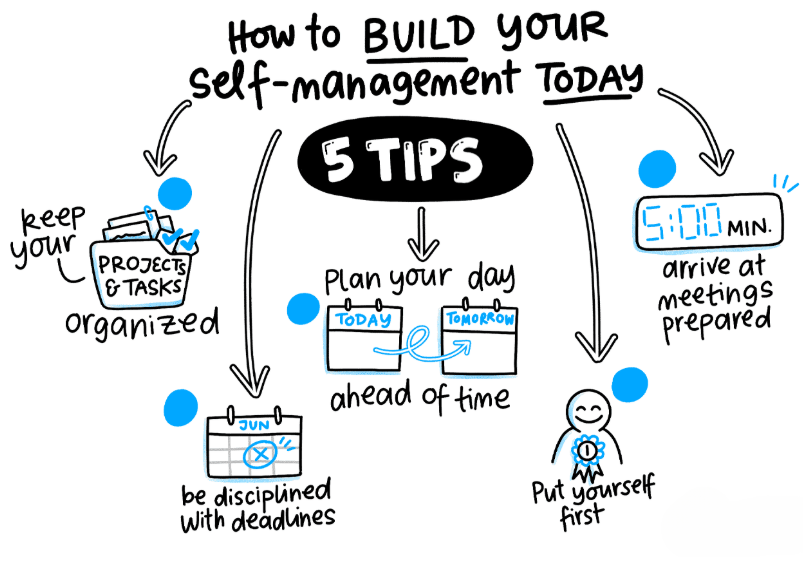“Knowing what you want is the beginning. Being able to act on it – that’s maturity.”
Today, we see a paradox among many students: they are intelligent, creative, and full of ideas – yet struggle to meet deadlines, maintain good habits, or stay consistent. The issue isn’t about ability – it’s about Self-management, the capacity to regulate one’s own behavior and emotions to achieve personal goals.
This is the second core competency in the CASEL framework (Collaborative for Academic, Social, and Emotional Learning) and serves as the critical bridge between Self-awareness (understanding oneself) and Responsible Decision-making (acting with intention and integrity).
What Is Self-Management?

Self-management is the ability to regulate one’s emotions, thoughts, and behaviors in different situations — effectively working toward personal and academic goals. It may mean completing a challenging assignment, staying calm under pressure, or pursuing a long-term objective such as applying for a scholarship abroad.
Unlike rigid self-discipline, self-management is a flexible life skill that helps students sustain personal commitments without external pressure or supervision.
Why Is Self-Management Essential in Education?

-
Turning “knowing” into “doing”: Many students know they should study, sleep early, or limit social media – but they can’t act on it. Self-management bridges the gap between awareness and consistent action.
-
Building persistence over short-term motivation: Learning is a marathon, not a sprint. Students with strong self-management are not only good at starting but also at maintaining progress despite obstacles.
-
Reducing dependence on external motivation: When students can organize their study and personal routines, they don’t need praise, rewards, or reminders to perform well.
-
Regulating emotions under stress: Self-managed students remain calm, resilient, and collected when facing pressure – because they’ve learned how to manage emotions effectively.
Signs of Strong (or Weak) Self-Management

✅ Students with strong self-management:
-
Plan their study schedules before exams.
-
Know when to pause and take mindful breaks when stressed.
-
Keep promises to themselves – if they commit to finishing an outline this week, they follow through.
-
Choose challenging tasks, understanding that results take time and effort.
❌ Students lacking self-management:
- Often procrastinate or only study when reminded.
- Get easily distracted – 10 minutes of studying, 30 minutes on their phone.
- Let emotions control actions – quitting out of frustration or avoiding challenges out of fear.
- Struggle with persistence and long-term commitment.
Why Do Students Often Lack Self-Management Skills?
During adolescence, the prefrontal cortex – the brain region responsible for behavioral control and executive functioning – is still developing. This biological factor makes students more likely to:
-
Lose focus over long periods.
-
Be driven by emotions rather than logic.
-
Prefer immediate rewards over long-term benefits.
Moreover, when school environments focus solely on grades and external discipline, students have limited opportunities to practice self-regulation intrinsically – that is, from internal motivation and self-awareness.
How Mentoring Strengthens Self-Management
An effective mentor doesn’t do the work for the student – they guide the student to set goals, break them into manageable steps, maintain accountability, and adjust when challenges arise.
In Mentors14’s 1:1 Mentoring Program, students are supported to:
-
Develop personalized weekly or monthly plans.
-
Learn to set goals using the SMART model or intrinsic motivation frameworks.
-
Self-assess their progress and discuss solutions when facing difficulties.
-
Practice reflective thinking – not just asking “Did I finish?” but “Why wasn’t today effective?” or “What did I do better than last time?”
More importantly, mentors act as mirrors, not judges – providing accountability without pressure, helping students stay consistent, authentic, and proactive in their own growth.
To Learn Well, You Must First Manage Yourself

No academic ability can truly flourish without self-management. It is the foundation of effective learning, organized living, and emotional resilience in a changing world.
At Mentors14, we believe that when students learn to manage themselves, they don’t just succeed in school – they step confidently into life with responsibility, self-agency, and perseverance.
Read the Vietnamese version here.


 VIE
VIE